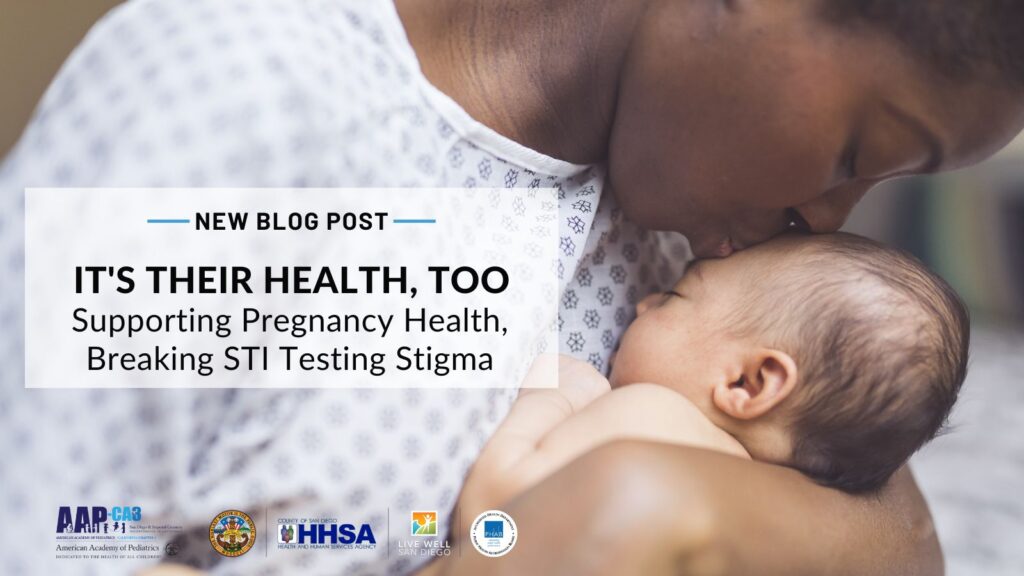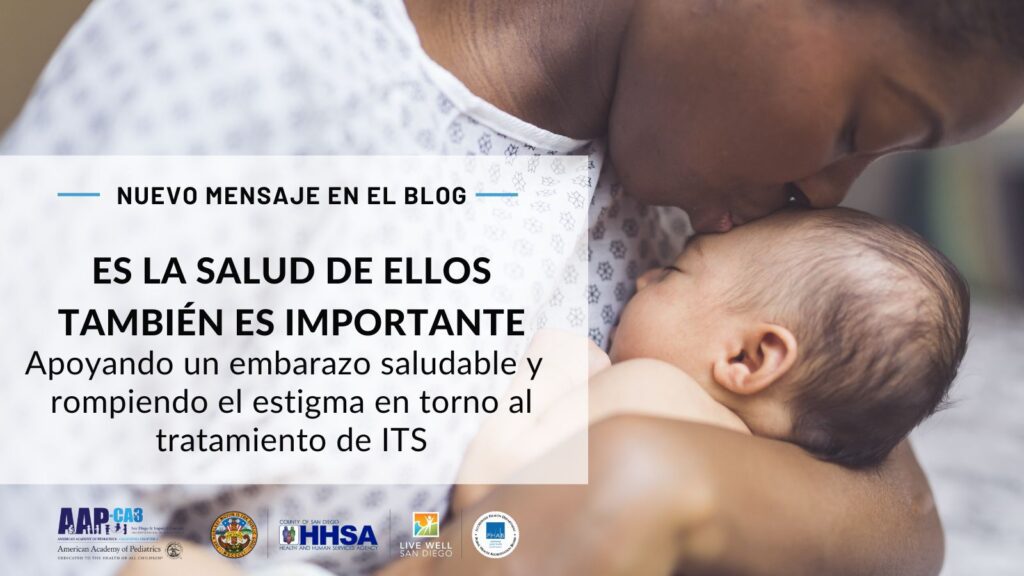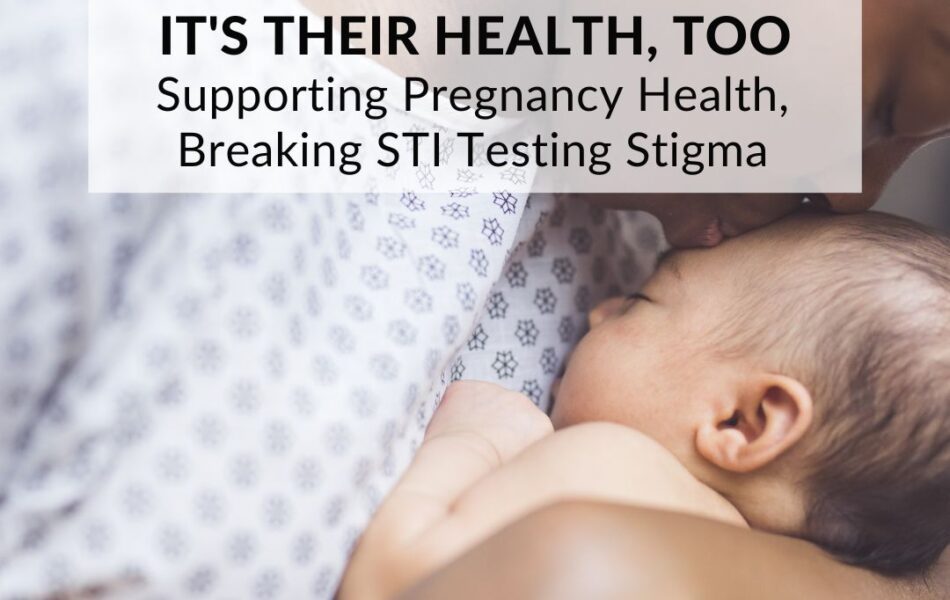


Black History Month Book List for Kids
January 31, 2023


Spotlight on Pediatrician Stuart Cohen
February 22, 2023It’s Their Health, Too
Supporting pregnancy health and breaking STI treatment stigma

Syphilis is a serious health problem especially in those who are pregnant. Syphilis not only effects the pregnant person, but it can also be passed to the baby, known as congenital syphilis. Nearly 40% of babies born with untreated syphilis can be stillborn or die from the infection as a newborn. If the baby survives, a baby with congenital syphilis can have:
- Deformed bones
- Severe anemia (low blood count)
- Enlarged liver and spleen
- Jaundice (yellowing of the skin or eyes)
- Brain and nerve problems, like blindness or deafness
- Meningitis (an infection of the membranes that cover the brain and spinal cord)
- Skin rashes
There are many reasons people may be hesitant to get tested for STIs or regularly see a doctor for prenatal care during pregnancy, including lack of health insurance, service costs, lack of transportation or support, fear of deportation, shame, or stigma.
Knowing these barriers exist, it’s important to share information about resources available to help address and remove these barriers (links below) and to reassure pregnant people that we are here for their health and the health of their baby, and that their personal information will remain confidential.
Local Resources
- 2-1-1 San Diego: Helpline and searchable database for community resources, including prenatal care and STI/STD testing
- CAPS Pregnancy Clinics: Free pregnancy support and STI testing
- Planned Parenthood of the Pacific Southwest offers:
- Pregnancy testing and options
- STI/STD testing and treatment
- San Diego County STD Clinics
- San Diego County Perinatal Care Network provides:
- Help with first prenatal appointment
- Transportation assistance for prenatal care
- The San Diego LGBT Community Center offers free STI screenings
National Resources
To learn more about congenital syphilis or get involved and support our efforts, please visit: www.aapca3.org/cs.


La sífilis es un serio problema de salud, especialmente en aquellas personas que están embarazadas. La sífilis no solamente afecta a la persona embarazada, sino que también puede traspasarse al bebé, conocida como sífilis congénita. Casi el 40% de los bebés nacidos con sífilis sin tratar pueden nacer muertos o morir de la infección poco tiempo después de nacer. Si el bebé sobrevive, un bebé con sífilis congénita puede tener:
- Deformación de los huesos
- Anemia grave (bajo recuento de glóbulos rojos)
- Agrandamiento del hígado y del bazo
- Ictericia (coloración amarilla de la piel o los ojos)
- Problemas con el cerebro y los nervios, como ceguera o sordera
- Meningitis (una infección de las membranas que rodean el cerebro y la médula espinal)
- Sarpullido
Hay muchas razones por las cuales una persona puede estar indecisa sobre hacerse la prueba de ITS o ver regularmente a un doctor para recibir atención prenatal durante el embarazo. Estas incluyen: falta de seguro médico, costo de los servicios, falta de transporte o ayuda, miedo a la deportación, vergüenza, o estigma.
Sabiendo que estas barreras existen, es importante compartir información sobre recursos disponibles para ayudar a resolver y eliminar estas barreras (enlaces a continuación) y asegurar a las personas embarazadas que estamos aquí para apoyarlas con su salud y la salud de su bebé, y que su información personal permanecerá confidencial.
Recursos locales
- 2-1-1 San Diego: Línea de ayuda y base de datos con opción de búsqueda de recursos comunitarios, incluyendo atención prenatal y pruebas de ITS/ETS
- CAPS Pregnancy Clinics: Asistencia gratuita para el embarazo y pruebas de ITS
- Planned Parenthood of the Pacific Southwest ofrece:
- Pruebas de embarazo y opciones
- Pruebas de ITS/ETS y tratamiento
- San Diego County STD Clinics
- San Diego County Perinatal Care Network proporciona:
- Asistencia con la primera cita prenatal
- Ayuda de transporte para atención prenatal
- The San Diego LGBT Community Center ofrece pruebas gratuitas de ITS
Recursos nacionales
Para mayor información sobre sífilis congénita o para involucrarse y apoyar nuestros esfuerzos, por favor visite: www.aapca3.org/cs.


